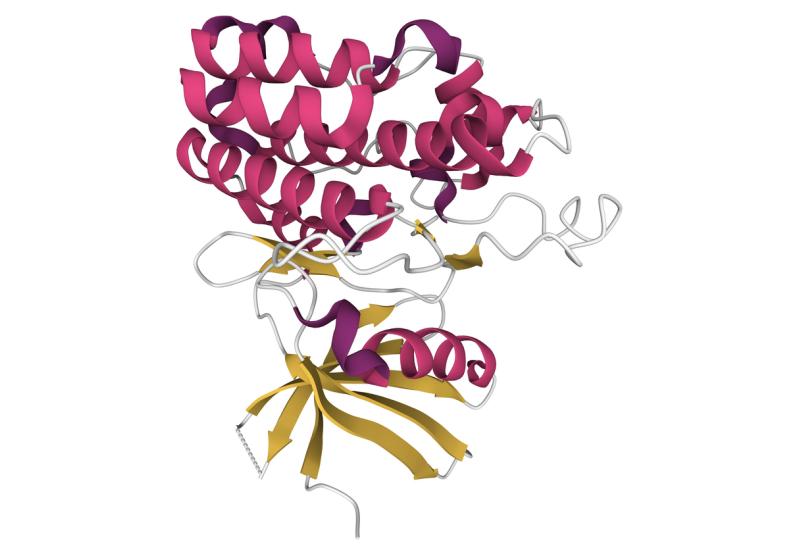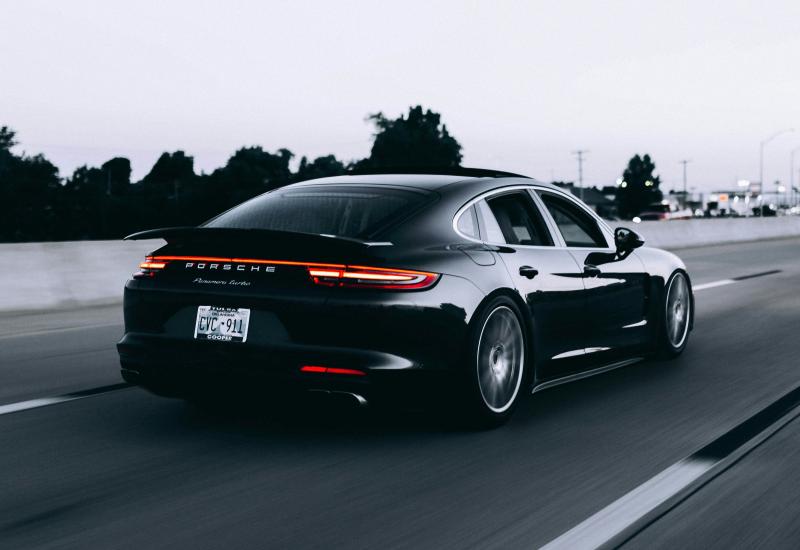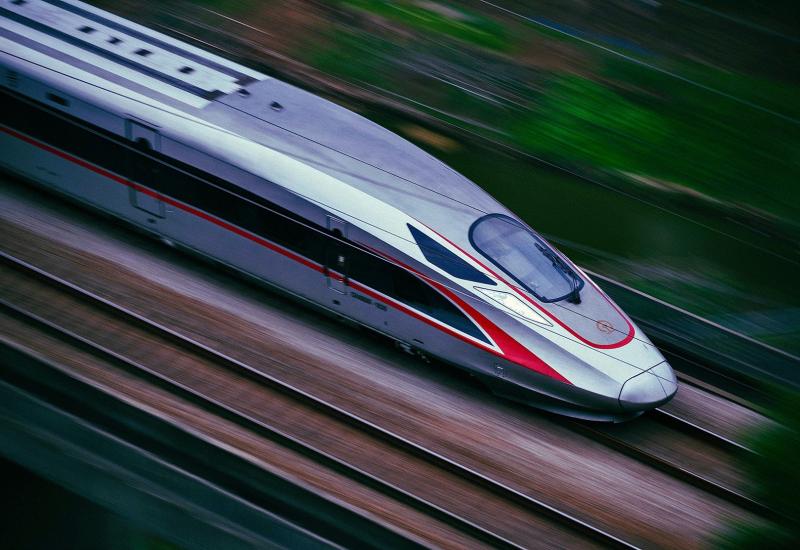
Grit enters the in vivo Car-T race
And Vironexis’s second gene therapy-encoded T-cell engager will soon go clinical.
And Vironexis’s second gene therapy-encoded T-cell engager will soon go clinical.

In vivo Car-T is heating up, and the latest clinical entrant here is China’s Grit Biotechnology, which recently took its CD19-targeted project GT801 into the clinic, according to the latest listings on clinicaltrials.gov.
Meanwhile, Vironexis is moving a second gene therapy project into human studies; VNX-202 stimulates in vivo production of a HER2-targeting T-cell engager. Incyte is taking forward a traditional T-cell engager, the anti-CD70 project INCA036873, while Radiopharm Theranostics is bucking the ADC trend with a B7-H3 radioconjugate.
In vivo Car-T
Interest in in vivo Car-T has been building for a while, but has come to a head this year with acquisitions by AstraZeneca, AbbVie and, most recently, Gilead, of EsoBiotec, Capstan and Interius respectively.
The latest new player here is Grit, whose GT801 is delivered via lipid nanoparticle – unlike the lentiviral vector approach employed by some of the other clinical-stage players, although Capstan also uses LNPs. A question now is whether LNP delivery will make a difference to efficacy and/or safety – something that could take time to prove given the early-stage nature of the assets involved.
OncologyPipeline lists 10 in vivo Car-Ts in clinical trials, including recent entrants from Legend and Starna Therapeutics. The only data to emerge so far came from Chinese case reports with Astra’s EsoBiotec-originated ESO-T01 – showing four responses among four multiple myeloma patients.
Gene therapy
Meanwhile, Vironexis continues to make progress with a somewhat related approach. The private US company uses an adeno-associated viral (AAV) vector to deliver its gene therapies, which then spur in vivo production of T-cell immunotherapies; in the case of VNX-202, this is a HER2-targeting T-cell engager.
HER2 is best known as the target of Roche’s Herceptin and AstraZeneca/Daiichi’s Enhertu, but Vironexis might hope to capture some of the magic with an approach that it claims leads to consistent long-term levels of therapy – along with “extremely low-dose AAV” to minimise toxicity.
Last year Vironexis went clinical with a similar project, VNX-101, which encodes a CD19-targeting T-cell engager. Others taking a related approach include BioNTech and Moderna, both with mRNA-encoded T-cell engagers that are delivered via lipid nanoparticles.
CD70 and B7-H3
Incyte, meanwhile, is going into the clinic with a more traditional CD70-targeting T-cell engager, INCA036873 – but the phase 1 trial, in solid and haematological cancers, isn’t slated to start until December.
CD70 has become a popular target for Car-T, and the leader here is Allogene, which at ASCO reported a 31% confirmed ORR in CD70 ≥50% expressing renal cancer with its contender, ALLO-316. Crispr Therapeutics is also expecting data with its hopeful, CTX131, this year.
However, the only other CD70 T-cell engager, according to OncologyPipeline, is Molecular Partners’ darpin MP0533, which also hits CD33 and CD123. Meanwhile, Qilu recently took a CD70-directed biological into the clinic, but its modality is unknown.
Another group to go after a crowded target, but with an unusual modality, is Radiopharm Theranostics with its B7-H3 radioconjugate 177Lu-BetaBart. This lutetium-based project appears to be the only active industry-developed asset of its kind; Y-mAbs had also been working on a B7-H3-targeting contender, 177Lu-DTPA-omburtamab, but trials were withdrawn or terminated some years ago.
Finally, a mystery has been solved about Pfizer's PF-08052667, whose clinicaltrials.gov entry cites the synonym SGN-B6N, which is similar to SGN-B6A, the synonym for the anti-integrin β6 ADC sigvotatug vedotin. A just published ESMO abstract on PF-08052667 reveals that this has the same backbone as sigvota-V, but uses a drug-to-antibody ratio of eight, rather than the latter's four.
Recently disclosed first-in-human studies*
| Project | Mechanism | Company | Trial | Scheduled start |
|---|---|---|---|---|
| GT801 | CD19-targeting in vivo Car-T | Grit Biotechnology | r/r CD19-positive B-cell haematologic malignancies | 30 Sep 2025 |
| PF-08052667** | Integrin β6 ADC | Pfizer | NMIBC | 20 Oct 2025 |
| MT-125 | NMIIA/NMIIB inhibitor | Myosin Therapeutics | Star-GBM, glioblastoma | 1 Nov 2025 |
| 177Lu-BetaBart (177Lu-RV-01) | B7-H3 radioconjugate | Radiopharm Theranostics | Solid tumours | Nov 2025 |
| VNX-202 | HER2 x CD3 AAV gene therapy | Vironexis | Sentry-Her2, HER2+ve solid cancers | Nov 2025 |
| 90Y-NM600 | Undisclosed radioconjugate | Archeus | PD-(L)1 blocker combo | Nov 2025 |
| BMS-986506 | Poss HIF2α inhibitor | Bristol Myers Squibb | Renal cell carcinoma | 15 Dec 2025 |
| INCA036873 | CD70 T-cell engager | Incyte | Solid tumours | 31 Dec 2025 |
| KK2223 | Undisclosed | Kyowa Kirin | R/r non-Hodgkin lymphoma | 23 Jan 2026 |
Notes: *projects newly listed on the clinicaltrials.gov database between 22 Sep and 3 Oct 2025; **same structure as sigvotatug vedotin (DAR=4), except that it carries DAR=8.
This story was updated after the ESMO abstract lift on 13 October.
1817













